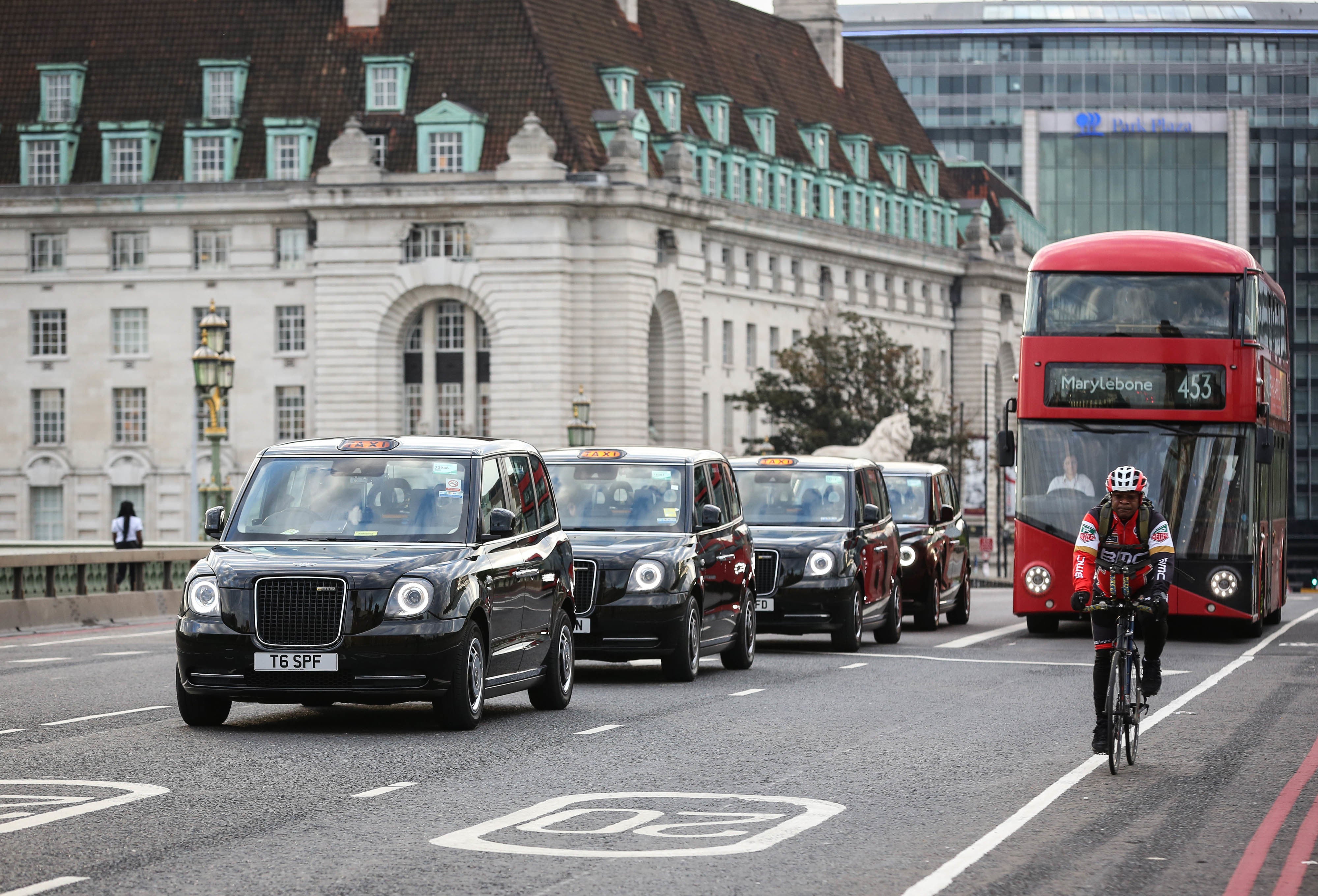Taxis could take 999 patients to hospital during ambulance strikes, health minister says
Thousands of ambulance workers are set to walk out on 21 and 28 December

Your support helps us to tell the story
From reproductive rights to climate change to Big Tech, The Independent is on the ground when the story is developing. Whether it's investigating the financials of Elon Musk's pro-Trump PAC or producing our latest documentary, 'The A Word', which shines a light on the American women fighting for reproductive rights, we know how important it is to parse out the facts from the messaging.
At such a critical moment in US history, we need reporters on the ground. Your donation allows us to keep sending journalists to speak to both sides of the story.
The Independent is trusted by Americans across the entire political spectrum. And unlike many other quality news outlets, we choose not to lock Americans out of our reporting and analysis with paywalls. We believe quality journalism should be available to everyone, paid for by those who can afford it.
Your support makes all the difference.Patients could be taken to hospital by taxi during next week’s ambulance strike, a health minister said.
Speaking in the Commons today, Will Quince said emergency vehicles would be used for the most urgent 999 calls, such as heart attacks and strokes, as thousands of paramedics strike on 21 and 28 December, but other transport could be used for less-urgent call-outs.
He said: “On the days of ambulance strike action it’s likely that category 1 and category 2 calls, where there is an immediate threat to life, will be responded to.
“We are looking at ways in which we can provide additional support for category 3 and category 4, including things like block-booking taxis and things like support through community healthcare and local authorities and community support.”

Mr Quince added that patients should still call 999 in an emergency, or if someone is seriously ill or injured, and to still turn up to appointments unless they have been advised otherwise.
He told MPs: “For more routine treatment, hospitals will do everything they can to make sure planned procedures go ahead, but it is inevitable that any strike will mean some patients will have their treatment delayed, and people will be contacted if their appointment needs to be changed.”
Ambulance calls are triaged into four categories according to a patient’s condition. Category 1 includes life-threatening conditions, such as heart attacks, while category 2 includes serious conditions such as stroke and chest pain.
Category 3 covers urgent problems, such as diabetic issues, and category 4 is for non-urgent problems that require transportation to a hospital ward or clinic.
The health minister’s comments come after Downing Street indicated that troops stepping in for striking NHS workers are unlikely to drive ambulances in response to emergencies.
A spokesperson for the prime minister said: “We are not suggesting that there won’t be serious disruption caused by strikes.
“These individuals are going to be extremely helpful in mitigating some of that disruption, but nonetheless, it will have an impact.”
Military personnel are unlikely to drive ambulances in response to urgent calls due to limitations such as lacking permission to jump red lights. Instead, they would drive ambulances for non-urgent calls to free up paramedics.



Join our commenting forum
Join thought-provoking conversations, follow other Independent readers and see their replies
Comments